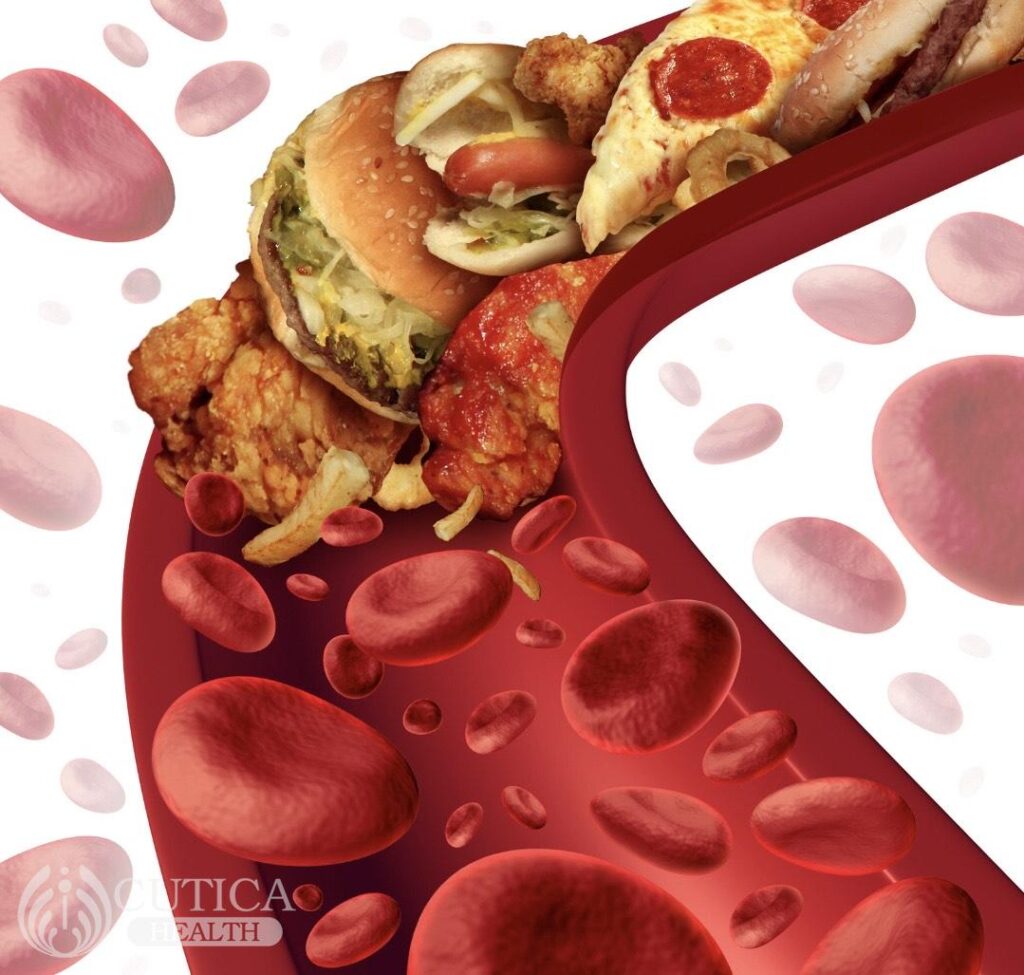On a visit to the hospital for a routine checkup, Michael’s heart skips a beat when his cholesterol test results, which were abnormal, were about to be given to him. “Doctor, I can see I have cholesterol in my blood, does this mean I might die of a heart attack?” Michael asked anxiously. The doctor had to explain the findings to him and provide a treatment plan before he calmed down.
Cholesterol has been a source of anxiety for middle-aged and elderly people in more ways than one. However, this is also one subject of misconception and confusion around the world. Some say cholesterol is bad for your health and should be avoided, others say the body does not need it at all. Here, we debunk some of the myths about cholesterol.
MYTH 1
All Cholesterol is BAD for you
Cholesterol is a fat-like substance produced by the liver, and it is important in several essential body processes, including production of reproductive hormones such as estrogen and testosterone, absorption of micronutrients in the blood, and production of vitamin D.
Now, there are essentially two main types of cholesterol, based on their transporting lipoprotein: Low-density Lipoprotein (LDL) also known as “bad” cholesterol and High-density lipoprotein (HDL) also known as “good” cholesterol. HDL cholesterol is very useful for you; in addition to the above functions, it also helps to mop up excess bad fat, which is associated with heart disease, blood vessel damage, and strokes
MYTH 2
I Exercise Frequently, So I Can’t Have Bad Cholesterol
Yes, you can, even if you exercise regularly. This is because cholesterol balance is not only a function of what you eat, but also of your genetic makeup. If you have a family history of a condition that reduces the body’s ability to process cholesterol, such as familial hypercholesterolemia, you may find that you have excess bad fats accumulating in your blood despite your low intake of such foods.
In such genetic conditions, cholesterol is broken down very slowly, increasing their amount in the blood. Find out more about your family’s medical history to be sure you’re clear.
MYTH 3
Children Can’t Have High Cholesterol
Unfortunately, some children can develop high cholesterol levels as much as their parents, and this is especially so in settings of familial hypercholesterolemia. If undetected, it could potentially increase the child’s risk of complications as they grow older. So, if you have a family history of high cholesterol, especially in a young sibling or relative, you may want to screen your child as well.
MYTH 4
Avoid Eggs Because of High “Bad” Cholesterol
This is a common concern among middle-aged and elderly people. While it is true that daily consumption of a lot of eggs is not good for your cholesterol, complete avoidance of eggs is not necessary for the average person. One way to reduce the risk from egg consumption is to preferentially consume egg white.
In general, eggs are a healthy food. Eggs are also packed with lots of proteins and other nutrients that help the brain, nerves, and eyes function optimally. So, what you should avoid is eating eggs with foods that are high in bad fats, such as muffins, pastries, and butter.
MYTH 5
Only Obese People Have High Cholesterol
You don’t have to be obese to have high cholesterol. In fact, some people with normal body weight or even underweight may still have high levels of bad fat in their blood. There are factors that determine your body’s content of bad fat, including genetics, dietary choices, and lifestyle habits.
The post Myths and Facts about Cholesterol. first appeared on Bastion HMO.

